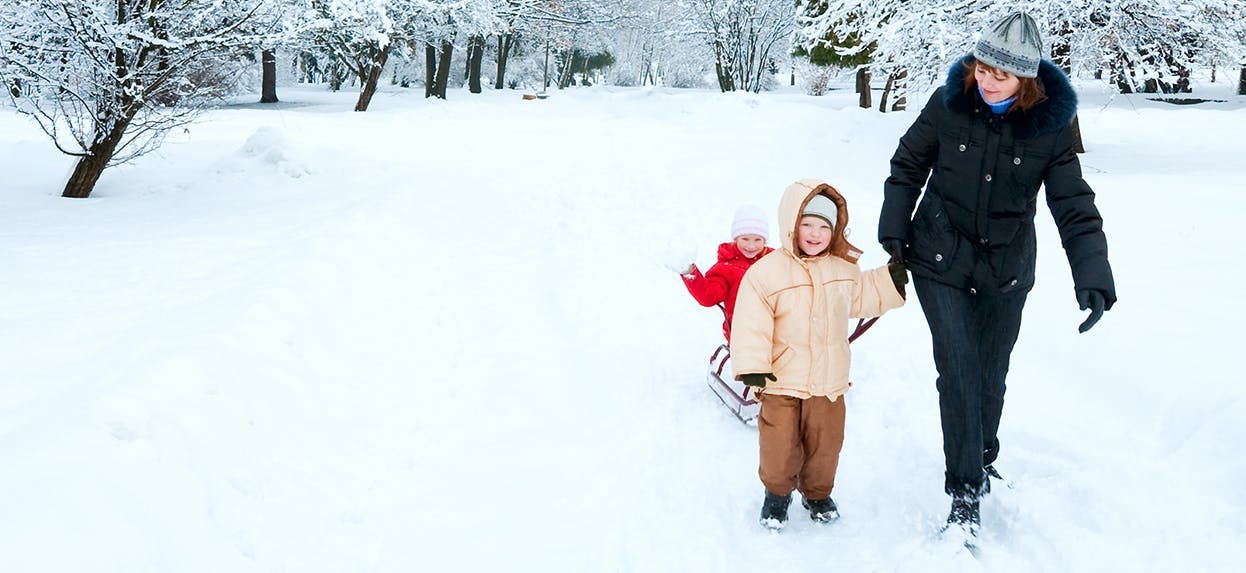
ALLERGY
TIPS
WINTER ALLERGIES: HOW DO YOU GET THEM?

Hate to break it to you, but yes, you can get allergies in winter. For millions of people, there’s no such thing as “seasonal allergies.” That’s because they experience symptoms year-round—and, yes, that even includes winter allergies. Here’s why.
WHAT CAUSES WINTER ALLERGIES?
Although pollen production takes a break during the cold Canadian winter, there’s no such stopping for common indoor like dust mites, pet dander, and indoor mould. And, because you tend to spend more time inside during the chilly winter months, you’re exposed to these indoor allergens more often.
Symptoms of winter allergies are the same as other seasonal allergy symptoms and include a stuffed up and runny nose as well as itchy, watery eyes. But wait—how do you know if it’s a cold or winter allergies? Check out this quick chart to understand the difference between the two.
WINTER ALLERGY TRIGGERS
Although the symptoms and causes are the same, there are a few unique winter allergy triggers to watch out for like holiday decorations, humidifiers and, surprisingly, your own pets. Here’s what to do to help prevent symptoms of allergies in winter:

Make sure decorations are mould-free
While they sure are beautiful, Christmas trees and holiday decorations are the perfect hosts for mould because it can grow anywhere and needs just moisture and oxygen to multiply. The good news is you can avoid that mould and still enjoy all your favourite festive decorations. To prevent bringing mould into your house, an artificial tree is a great choice. If you’d rather deck out the real deal, leave your tree out to dry in a garage or enclosed porch to minimize its allergy inducing effects. Give it a good shake before bringing it inside!

Beware of the “Holiday Effect”
If you’re traveling without your pet for the holidays, your allergy symptoms might be worse when you get back home. Strange as it may seem, you can actually lose tolerance to your pet’s dander after being away for just a few days. So be prepared to give yourself a few days to readjust when you return home.

Change water and filters in your humidifier
Humidifiers can help add moisture to dry winter air, soothing sinus passages. But if not maintained properly, they can become breeding grounds for dust mites and mould, which thrive in humid conditions. To keep allergens to a minimum, follow the manufacturer’s instructions for cleaning your humidifier.
